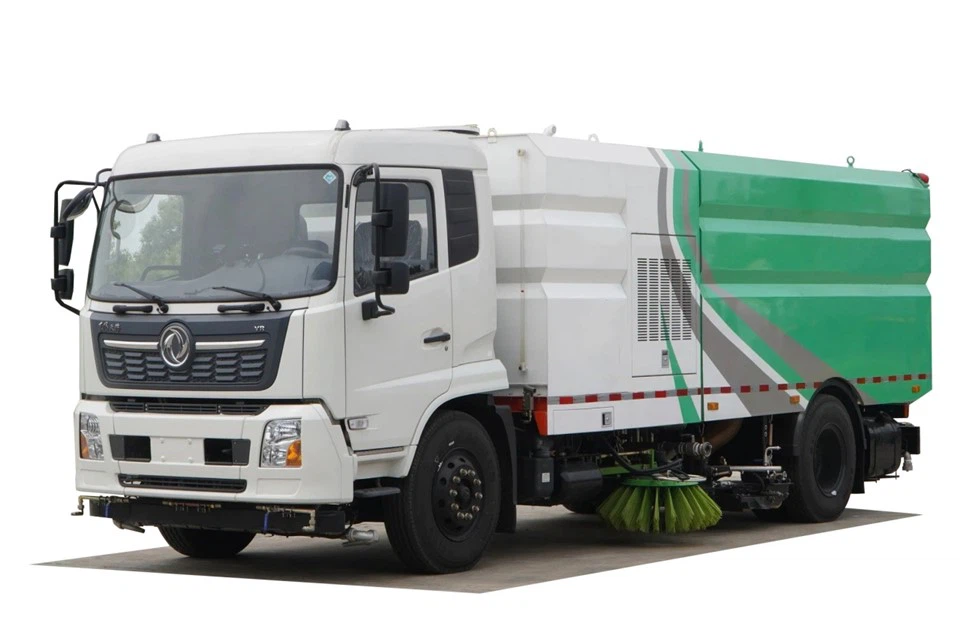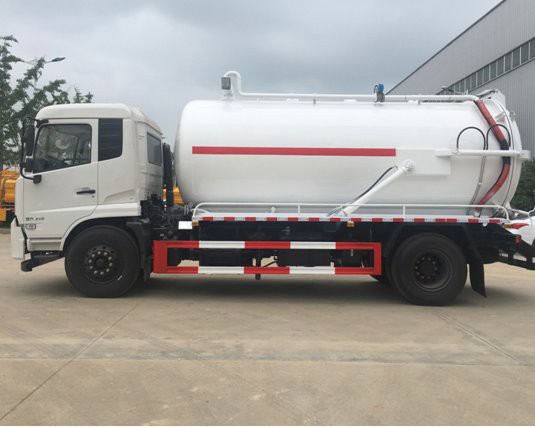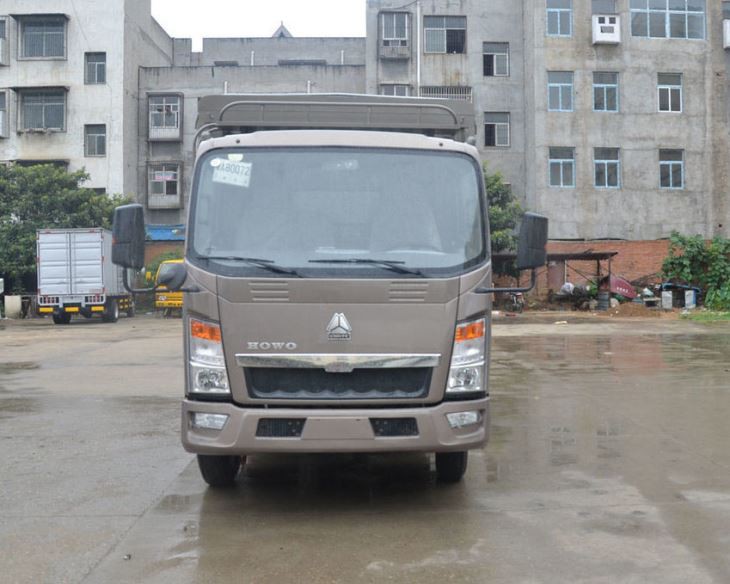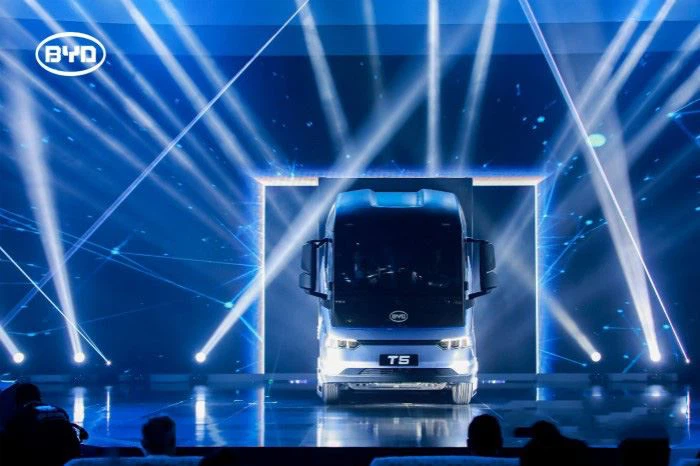The world of trucks is vast and diverse, catering to various industries and needs. Whether you are in construction, logistics, or simply looking for a reliable vehicle for personal use, understanding the different types of trucks available can help you make an informed decision. This article provides a comprehensive list of trucks, covering their features, specifications, and practical applications across various sectors.
Understanding Trucks: An Overview
Trucks are powerful motor vehicles designed primarily for transporting cargo. They come in various shapes and sizes, with unique features to serve different purposes. From heavy-duty trucks for long hauls to smaller pickups for personal use, each type has its advantages. This section breaks down the primary categories of trucks.
Types of Trucks
- Pickup Trucks
- Box Trucks
- Flatbed Trucks
- Dump Trucks
- Reefer Trucks
- Tank Trucks
- Tow Trucks
- Concrete Mixers
- Heavy-Duty Trucks
- Electric Trucks
1. Pickup Trucks
Pickup trucks are among the most popular types of trucks for personal and commercial use. Known for their versatility and off-road capabilities, they are ideal for various tasks, including hauling equipment and commuting.
Popular Models
| Model | Engine Type | Payload Capacity | Starting Price |
|---|---|---|---|
| Ford F-150 | V6/V8 | 1,840 lbs | $30,000 |
| Chevrolet Silverado 1500 | V6/V8 | 2,250 lbs | $28,600 |
| Ram 1500 | V6/V8 | 2,300 lbs | $32,000 |
Features of Pickup Trucks
- Versatile cargo bed
- Off-road capabilities
- Variety of engine options
2. Box Trucks
Box trucks, also known as cube trucks, are enclosed trucks with a cargo area that is a box-like structure. They are primarily used for moving and transporting goods.
Common Uses of Box Trucks
- Moving residential and commercial items
- Delivery services
- Transportation of equipment and furniture
Specifications
| Model | Payload Capacity | Dimensions | Starting Price |
|---|---|---|---|
| Isuzu NPR | 4,000 lbs | 16′ Box | $30,000 |
| Freightliner M2 | 5,000 lbs | 24′ Box | $55,000 |
3. Flatbed Trucks
Flatbed trucks are characterized by a completely flat cargo area with no sides or roof. This design makes them ideal for transporting oversized and heavy items that don’t fit in standard truck beds.
When to Use a Flatbed Truck
- Transportation of heavy machinery
- Building materials delivery
- Shipping large structures like steel beams
4. Dump Trucks
Dump trucks are specialized vehicles used primarily for transporting loose materials, such as sand, gravel, or demolition waste.
Key Features
- Hydraulic lift system for easy unloading
- Various bed sizes available
- Durable construction to handle heavy loads
Popular Models
| Model | Payload Capacity | Dimensions | Starting Price |
|---|---|---|---|
| Kenworth T880 | 26,000 lbs | 12′ Bed | $120,000 |
| Freightliner 114SD | 24,000 lbs | 14′ Bed | $115,000 |
5. Reefer Trucks
Reefer trucks, or refrigerated trucks, are designed to transport perishable goods at controlled temperatures. They are crucial in the food distribution and pharmaceutical industries.
Temperature Control Features
- Insulated cargo area
- Refrigeration unit to maintain optimal temperature
6. Tank Trucks
Tank trucks are used for transporting liquids, including fuels, chemicals, and water. They are designed with specialized compartments to prevent spillage and ensure safety.
Applications of Tank Trucks
- Fuel delivery
- Water transportation for construction sites
- Chemical transport for industrial applications
7. Tow Trucks
Tow trucks are used for removing disabled vehicles from roads or towing them to service stations. They come in various configurations based on their intended use.
Types of Tow Trucks
- Hook and chain
- Wheel-lift
- Flatbed
8. Concrete Mixers
Concrete mixer trucks are designed to transport mixed concrete to construction sites. They have rotating drums that keep the concrete agitated to prevent it from hardening.
Specifications
| Model | Cubic Yard Capacity | Engine Type | Starting Price |
|---|---|---|---|
| Kenworth W900 | 10-12 CU YD | Diesel | $150,000 |
| Mack MR | 10-11 CU YD | Diesel | $140,000 |
9. Heavy-Duty Trucks
Heavy-duty trucks are typically used for long-distance hauling and can carry heavy loads. These trucks are built with powerful engines and robust frames.
Popular Heavy-Duty Truck Brands
- Freightliner
- Peterbilt
- Kenworth
10. Electric Trucks
As the world shifts towards sustainability, electric trucks are gaining popularity. These trucks offer an eco-friendly alternative to traditional gasoline and diesel trucks.
Advantages of Electric Trucks
- Lower emissions
- Reduced fuel costs
- Quieter operation
Comparative Table of Truck Types

| Truck Type | Payload Capacity | Typical Uses | Fuel Type |
|---|---|---|---|
| Pickup Truck | 1,000 – 2,300 lbs | Personal/small business | Gas/Diesel |
| Box Truck | 4,000 – 6,000 lbs | Moving/Delivery | Gas/Diesel |
| Flatbed Truck | 15,000 – 30,000 lbs | Construction/Transport | Gas/Diesel |
| Dump Truck | 10,000 – 30,000 lbs | Construction | Diesel |
| Reefer Truck | 10,000 – 25,000 lbs | Food/Pharmaceutical delivery | Diesel |
| Tank Truck | 15,000 – 35,000 lbs | Fuel/Chemicals | Diesel |
Choosing the Right Truck

When selecting a truck, various factors should be considered, including the specific requirements and intended use. Here are some practical tips to help you make the best choice:
Considerations When Buying a Truck
- Assess your cargo needs
- Evaluate fuel efficiency
- Determine whether a new or used truck fits your budget
- Research maintenance costs and availability of parts
FAQs
What are the main types of trucks?
The main types of trucks include pickup trucks, box trucks, flatbed trucks, dump trucks, reefer trucks, tank trucks, and tow trucks.
How do I choose the right truck for my needs?
Consider the type of cargo you will transport, required payload capacity, fuel efficiency, and your budget to choose the correct truck.
Are electric trucks worth it?
Electric trucks can be worth it due to lower emissions and reduced fuel costs, making them an eco-friendly and economical choice in the long run.
What is the average lifespan of a truck?
The average lifespan of a truck can vary from 15 to 20 years, depending on maintenance, usage, and the type of truck.
Do I need a special license to drive a truck?
Yes, driving larger trucks typically requires a Commercial Driver’s License (CDL).

How do I maintain my truck?
Regular maintenance includes checking oil levels, tires, brakes, and the engine. Following the manufacturer’s maintenance schedule is essential.






